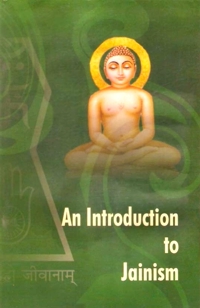In Jain, religion castism is considered unreal. It does not give any spiritual importance to caste by birth. During the period of Lord Mahāvīra, the Vedic tradition laid much stress on casteism. Casteism based on caste by birth was prevalent at that time. People were supposed to be superior and inferior on the basis of their caste. Lord Mahāvīra raised his voice against casteism. He said 'Brāhmaṇa, Kṣatriya, Vaiśya and Sūdra are all divided according to their work and not according to their caste'. A single person can belong to all the four castes in his life. When a person protects the country from enemies, he becomes a Kṣatriya. When he does any business, he would become a Vaiśya. When he does a service, he is a Śūdra and while teaching he is a Brāhmaṇa.
In the case of Muni Harikesh who belonged to Cāndāla caste, Mahāvīra said - 'It is the penance and austerity, which deserve reverence and not the caste'. This is why Muni Harikesh was respected by all the 'Ṛṣikumāras'.
As Lord Mahāvīra does not give any spiritual importance to caste, he was totally against the practice of untouchability. According to him, to consideranyone untouchable on the basis of caste was violence. In Ācārāṅga, he says, "ṇo hīṇe, ṇo airitter (I.e., "No one is inferior, no one is superior.").
 Sadhvi Vishrut Vibha
Sadhvi Vishrut Vibha

